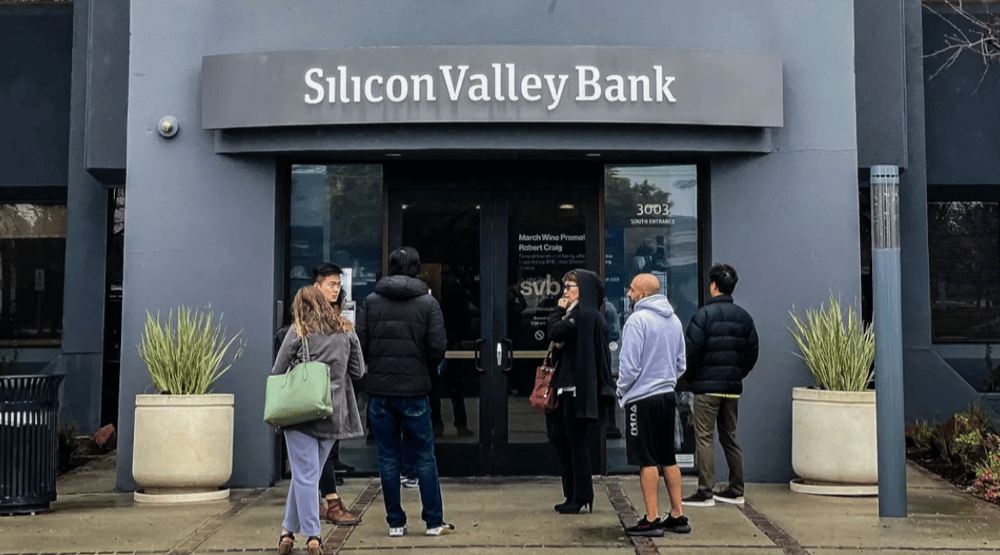

Brazil’s Finance Minister Fernando Haddad is set to embark on a strategic mission to Silicon Valley, aiming to transform the country into a magnet for global data center investments. By proposing federal tax exemptions for technology infrastructure projects, Brazil seeks to position itself as a hub for sustainable innovation, leveraging its vast renewable energy resources.
This initiative could reshape Brazil’s investment landscape significantly over the next decade, targeting a critical intersection of technology, construction, telecommunications, and artificial intelligence services.
Haddad's agenda in California includes a key breakfast meeting on May 6 in Palo Alto with executives from leading technology companies. The focus: presenting Brazil not just as an emerging market, but as a future-proof destination for infrastructure development driven by green energy.
The finance ministry’s strategy highlights several attractive factors:
Federal Tax Exemptions: Incentives aimed specifically at investments in data centers and AI-related infrastructure.
Renewable Energy Abundance: Brazil’s hydroelectric, solar, and wind capacities offer sustainable energy solutions for energy-intensive operations.
Geopolitical Stability: A relatively neutral global stance, offering an alternative to politically complex investment regions.
Expanding Digital Market: A rapidly growing online economy poised to demand greater data storage and processing capabilities.
Workforce Development Initiatives: Government-supported programs to upskill workers in technology sectors.
According to two sources familiar with the plans, the policy framework is expected to unlock approximately 2 trillion reais ($352 billion) in investment over the next ten years.

The combination of economic incentives and natural advantages forms a compelling case for international tech companies to consider Brazil for long-term projects. Among the standout benefits are:
Cost-Effective Renewable Energy: Lower operational costs due to abundant, affordable green energy.
Strategic Geographic Location: Serving both North and South American markets efficiently.
Government Backing: Clear support from the federal administration, reducing political risk for infrastructure projects.
Growing Demand for Cloud Services: A surge in Latin America’s digital economy drives demand for local data processing capabilities.
Such initiatives align with broader global trends toward sustainable investment and responsible technology deployment.
While the proposal is ambitious, it does not come without obstacles. Potential challenges include:
Regulatory Uncertainty: Investors will seek clarity on long-term policy stability.
Infrastructure Bottlenecks: Brazil must continue improving transportation and energy distribution networks.
Competition from Other Regions: Markets like Southeast Asia and Eastern Europe are also aggressively courting data center investments.
Navigating these challenges will be crucial for Brazil to realize its full potential as a technological infrastructure hub.
The move signals a shift toward innovation that could redefine tech operations